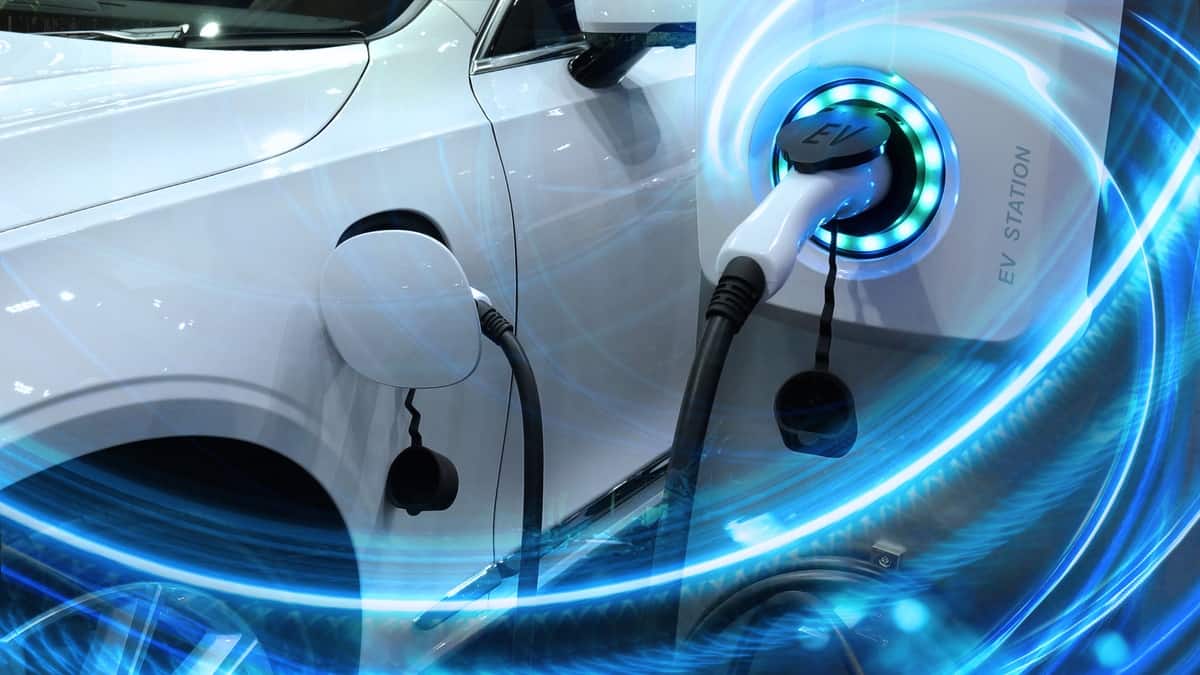Beijing — Another low-cost electric vehicle manufacturer specializing in small SUVs is gaining popularity in China, as reported by CNBC.
Nezha claims its car deliveries will double in 2022 to exceed 152,000 units. Nezha is named after a tough Chinese mythological character. The Nezha V, a small SUV with a starting post-subsidy price of 83,900 yuan ($12,000), accounted for most deliveries.
In comparison, NIO‘s larger SUVs start at around 400,000 yuan and have a more extended driving range in addition to other features. Nevertheless, NIO produced more than 122,000 electric vehicles in 2022, an increase of 34% from the previous year. It covers the company’s high-end sedans. NIO has emphasized its focus on the more specialized, higher-end segment but has suggested when a mass-market brand might be introduced. CEO William Li mentioned that the company met with its mass-market team that day during an earnings call at the beginning of November. A FactSet transcript indicates that he believed each model in the sector might sell over 50,000 units per month. That could translate to 600,000 vehicles per model annually.
Among new energy passenger cars, including hybrids, the affordable electric car Hongguang Mini has held the bestseller position in China. According to the China Passenger Car Association, year-to-date sales as of November had surpassed 370,000 cars. However, the Nezha SUVs and sedans dwarf the Hongguang Mini in size.
Nezha added that it expected to export 3,500 cars in 2022. The business has been expanding into Southeast Asia since late 2021, beginning with collaboration in Thailand. Nezha, also known as Neta, has an English-language website that indicates it is looking for partners in the Philippines and Cambodia. The business is a division of the new startup Hozon Auto. As of July 2022, Nezha reported having increased nearly 10 billion yuan for its Series D, or the fourth fundraising stage after upfront investment.
Chinese EV sales recover from the country’s downturn
The local electric car industry has received support from the Chinese government. People are encouraged to switch to electric cars by cities’ preferential policies. Additionally, despite COVID-19 controls’ negative impact on China’s retail sales in 2022, the market for electric vehicles continued to expand.
According to the China Passenger Car Association, new energy vehicles made up more than a quarter of all vehicles sold in 2022 through the end of November. The association typically releases its monthly statistics in the middle of the month.
But there is a lot of competition. With sales of over 911,000 electric cars in 2022, a 180% increase from the previous year, BYD, a Chinese battery and car manufacturer, maintained its position as a titan. Numerous models are available from the company. On Thursday, BYD will officially introduce Yangwang, its new luxury line.
State-owned GAC Motor‘s spinoff electric vehicle manufacturer Aion reported 2022 sales of 271,000 vehicles, a record high. The new Aito brand, which Huawei and another company co-developed, said cumulative deliveries, which started in March 2022 and continued through the end of the year, exceeded 75,000 vehicles.
Comparing Li Auto and Nio
Another US-listed Chinese electric car company, Li Auto, with SUVs in a comparable price range, outgrew NIO’s growth in 2022. The company’s vehicles do, however, include a fuel tank to increase the battery’s capacity. Li Auto reported that its annual deliveries increased by 47% to more than 133,000 vehicles.
XPeng, also listed in the United States, experienced a slowdown of 23% year over year to over 120,000 cars yearly. The brand’s latest vehicle, the G9 SUV, represents an effort to move beyond a lower price point. With 1.31 million vehicles, Tesla reported a 40% increase in deliveries globally in 2022. The company excluded a breakdown for China, a significant market for the automaker.

